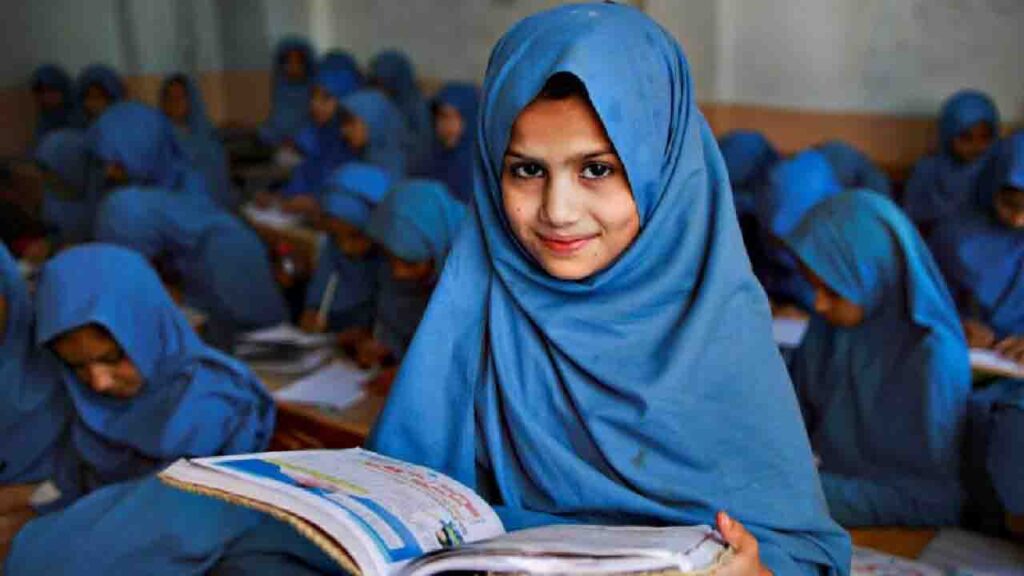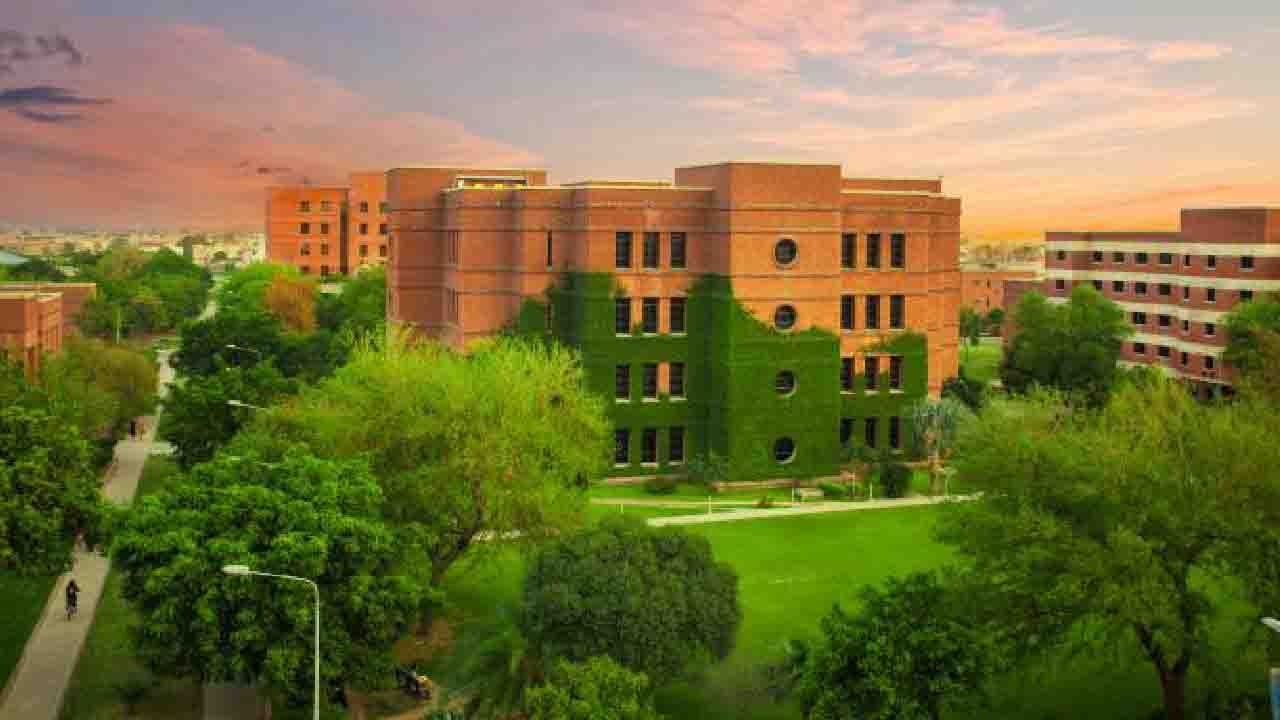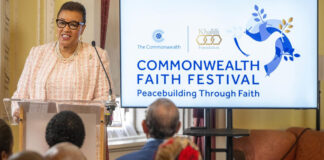Pakistan, a diverse and culturally rich country in South Asia, has a complex education system that has evolved over the years. From the traditional madrasas to modern schools and universities, Pakistan’s education system reflects its aspirations for progress and development. In this article, we delve into the details of Pakistan’s education system, exploring its key features, challenges, and recent initiatives aimed at improving access and quality of education.
The Structure of Pakistan’s Education System:
Pakistan’s education system is divided into several levels, including primary, middle, high school, and higher education. The system follows a 5+3+2 structure, with five years of primary education, three years of middle school, and two years of high school. After high school, students can pursue higher education at colleges, universities, or vocational institutions.
Challenges Faced by the Education System:
Pakistan’s education system faces numerous challenges that hinder its progress. One of the major issues is the low literacy rate, especially among girls and marginalised communities. Limited access to quality education, inadequate infrastructure, a shortage of qualified teachers, and socio-economic disparities contribute to these challenges. Additionally, the curriculum has been criticised for being outdated and not aligned with the changing needs of the modern world.
Government Initiatives for Reform:
Recognizing the need for educational reform, the Pakistani government has initiated various programs and policies to address the challenges and improve the education system. The National Education Policy (NEP) aims to promote equitable access, enhance quality, and encourage innovation in education. The establishment of more schools and colleges, teacher training programs, and the introduction of modern teaching methods are some of the steps taken to uplift the education sector. Efforts are also being made to revise the curriculum to make it more inclusive and relevant.
Madrasas: Traditional Islamic Education:
Madrasas, religious schools that provide Islamic education, have played a significant role in Pakistan’s education landscape. These institutions have a centuries-old tradition of teaching Islamic principles, Arabic, and Quranic studies. While some madrasas focus solely on religious education, others have integrated modern subjects into their curriculum.
Higher Education and Universities:
Pakistan has a vibrant higher education sector with numerous universities and colleges offering a wide range of academic programs. Some of the top universities in the country include Quaid-i-Azam University, Lahore University of Management Sciences (LUMS), and National University of Sciences and Technology (NUST). These institutions are known for their research programs and academic excellence. The Higher Education Commission (HEC) oversees the development and regulation of higher education in Pakistan, promoting quality standards and research initiatives.
Pakistan’s education system is a tapestry of diverse elements, reflecting the country’s cultural, social, and historical context. While the system faces challenges such as low literacy rates, limited access, and outdated curriculum, the government’s initiatives and ongoing reforms are aimed at addressing these issues. The focus on improving quality, equity, and innovation in education is crucial for Pakistan’s development and progress. With the concentrated efforts of stakeholders, including the government, educators, and civil society, Pakistan’s education system can create a brighter future for its youth, empowering them with knowledge, skills, and opportunities for a better tomorrow.












